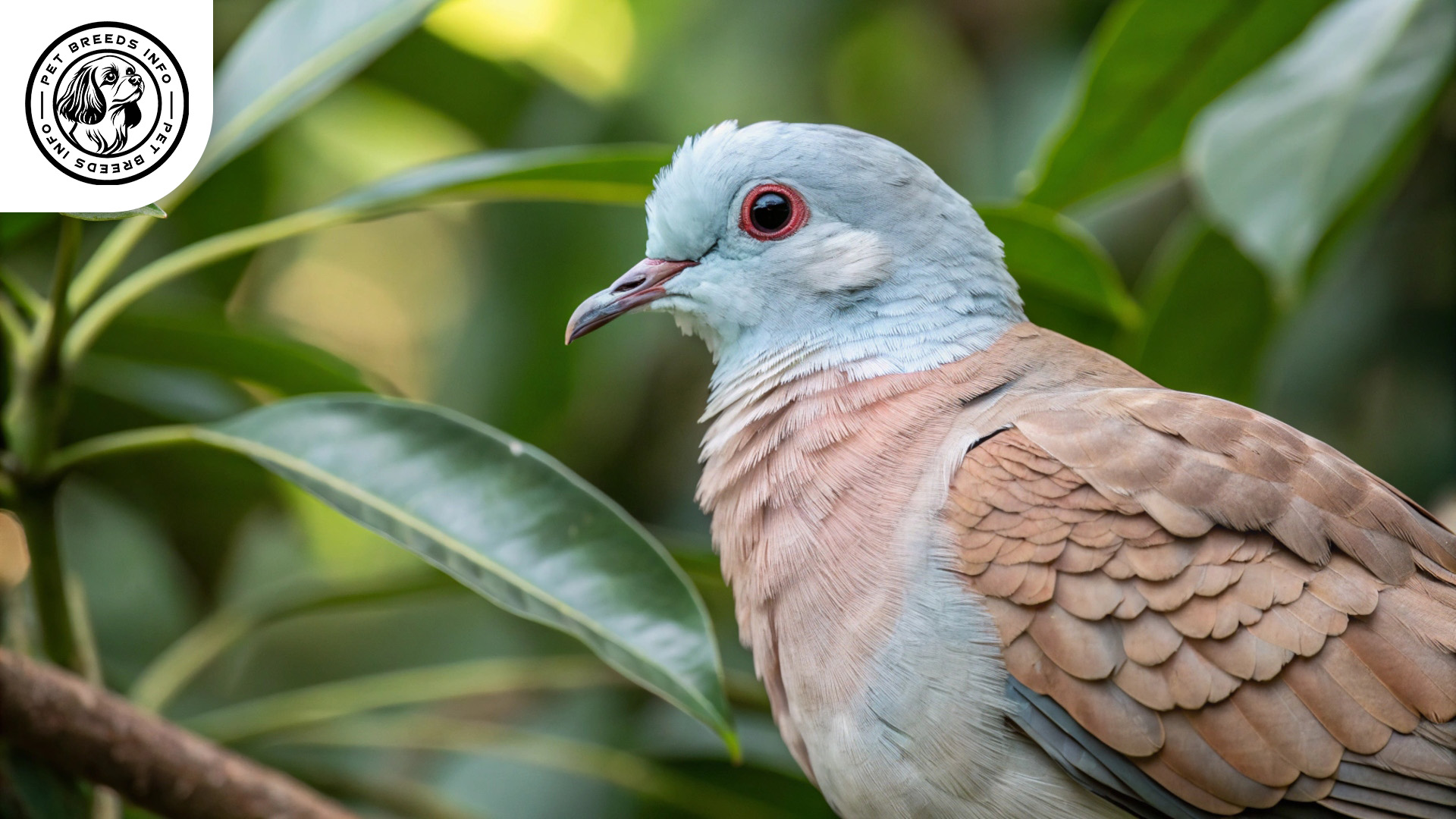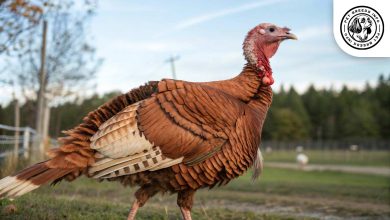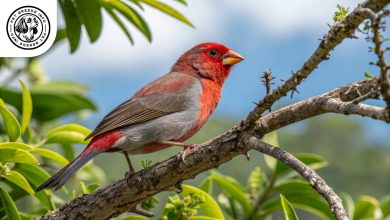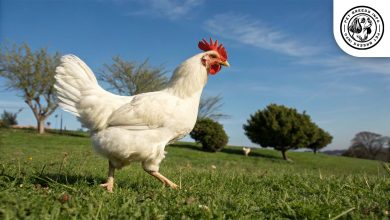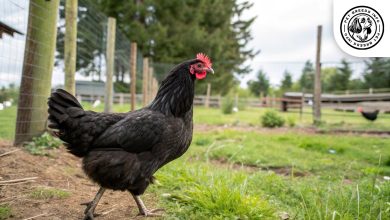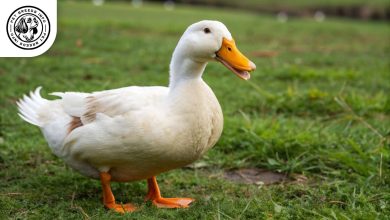Diamond Dove breed: Personality, Lifespan, Food & Care
General Introduction of the Breed
The Diamond Dove (Geopelia cuneata) is a small and graceful dove species native to Australia. It is also known by its scientific name, Geopelia cuneata. These birds are commonly found in dry, arid regions across the country, especially in open woodlands and grasslands.
Diamond Doves have been kept as pets since the 19th century due to their gentle nature and ease of care. They are popular among avian enthusiasts for their soft cooing sounds and attractive appearance.
Table of Contents
| Common Name | Diamond Dove |
| Scientific Name | Geopelia cuneata |
| Origin | Australia |
| Size | Small (19–24 cm long, 30–40 grams) |
| Lifespan | 10 to 15 years |
| Colors | Gray with white speckles (“diamonds”) |
| Talking Ability | Low (soft cooing, not mimicry) |
| Noise Level | Very quiet |
| Social Behavior | Gentle, peaceful, likes company of other doves |
Physical Characteristics
Diamond Doves are small birds, typically measuring about 19-24 cm (7.5-9.5 inches) in length, including the tail. They weigh around 30-40 grams, with males being slightly heavier than females.
Their plumage is soft gray with white speckles on their wings, resembling tiny diamonds, which give them their name. They have orange or red eyes surrounded by a thin ring of bare reddish skin, adding to their distinctive appearance.
Diamond Doves have a slender, pointed tail and small, rounded heads. Their beaks are short and dark, complementing their overall delicate appearance.
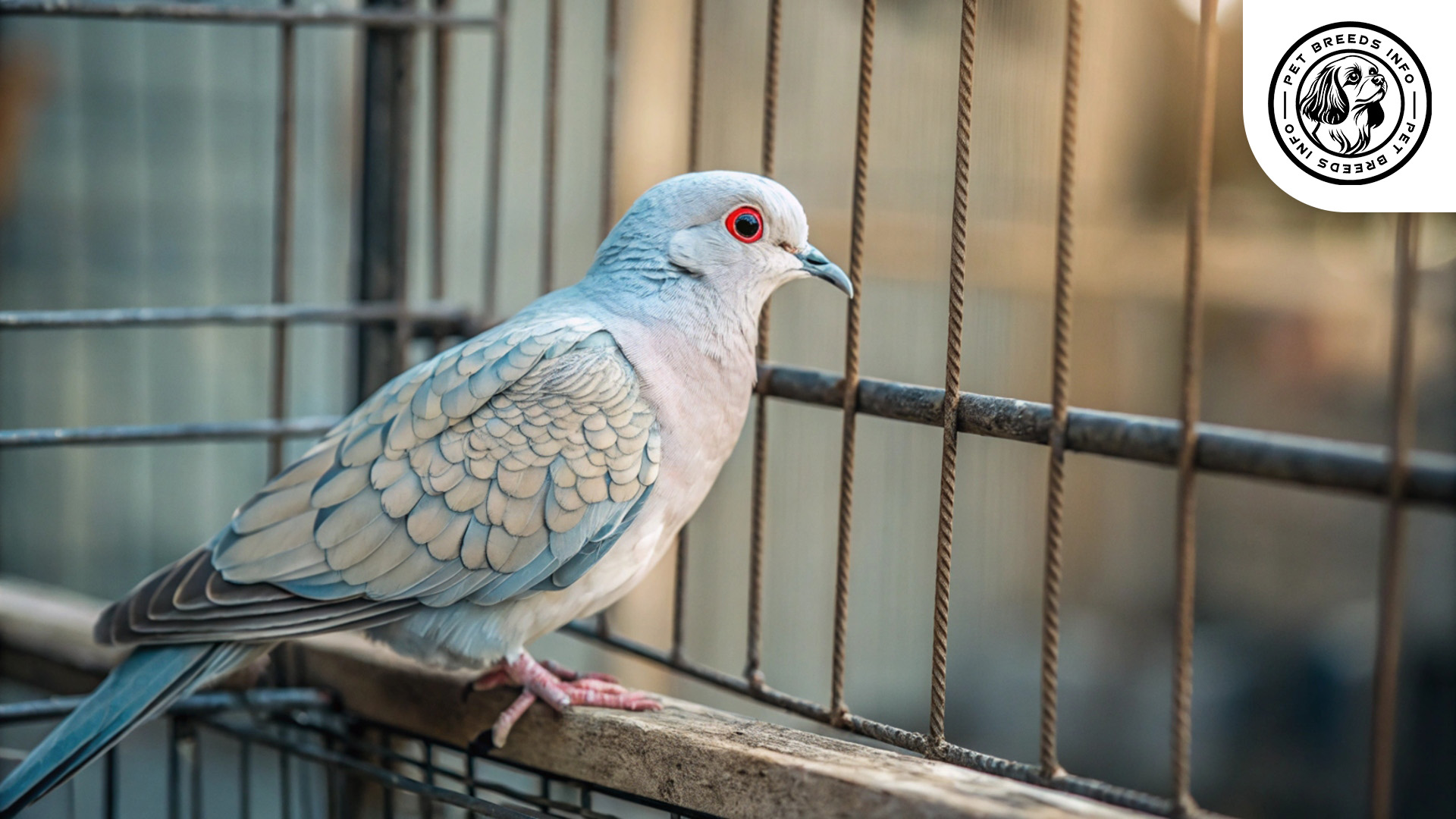
Personality and Temperament
Diamond Doves are known for their gentle and peaceful temperament. They are social creatures and enjoy being around other doves or their human caretakers.
These birds are not overly energetic but require some room to fly within their enclosure. They are intelligent and can recognize their owners, responding positively to gentle handling.
Diamond Doves are not aggressive, making them suitable companions for households with other small, non-aggressive birds. Their soft cooing is soothing rather than loud, making them ideal pets for apartment living.
Read More: Barnevelder Chicken
Care and Maintenance Requirements
Diamond Doves require a spacious cage or aviary with enough space for short flights. A cage size of at least 24 inches in width is recommended.
They prefer warm and dry environments, so keeping them away from cold drafts and humidity is essential. Providing branches and perches inside their enclosure helps them stay active and entertained.
Grooming needs are minimal, but their cage should be cleaned regularly to maintain hygiene. Fresh water for drinking and occasional bathing should always be available.
Diet and Nutrition
Diamond Doves primarily feed on small seeds such as millet, canary seed, and other finch seed mixes. They also benefit from occasional fresh vegetables and fruits like spinach, carrots, and apples.
Commercial dove seed mixes can be provided, but a balanced diet should include grit to aid digestion and calcium sources like cuttlebone for bone health.
Foods to avoid include chocolate, caffeine, avocado, and processed human food, as these can be toxic to birds.
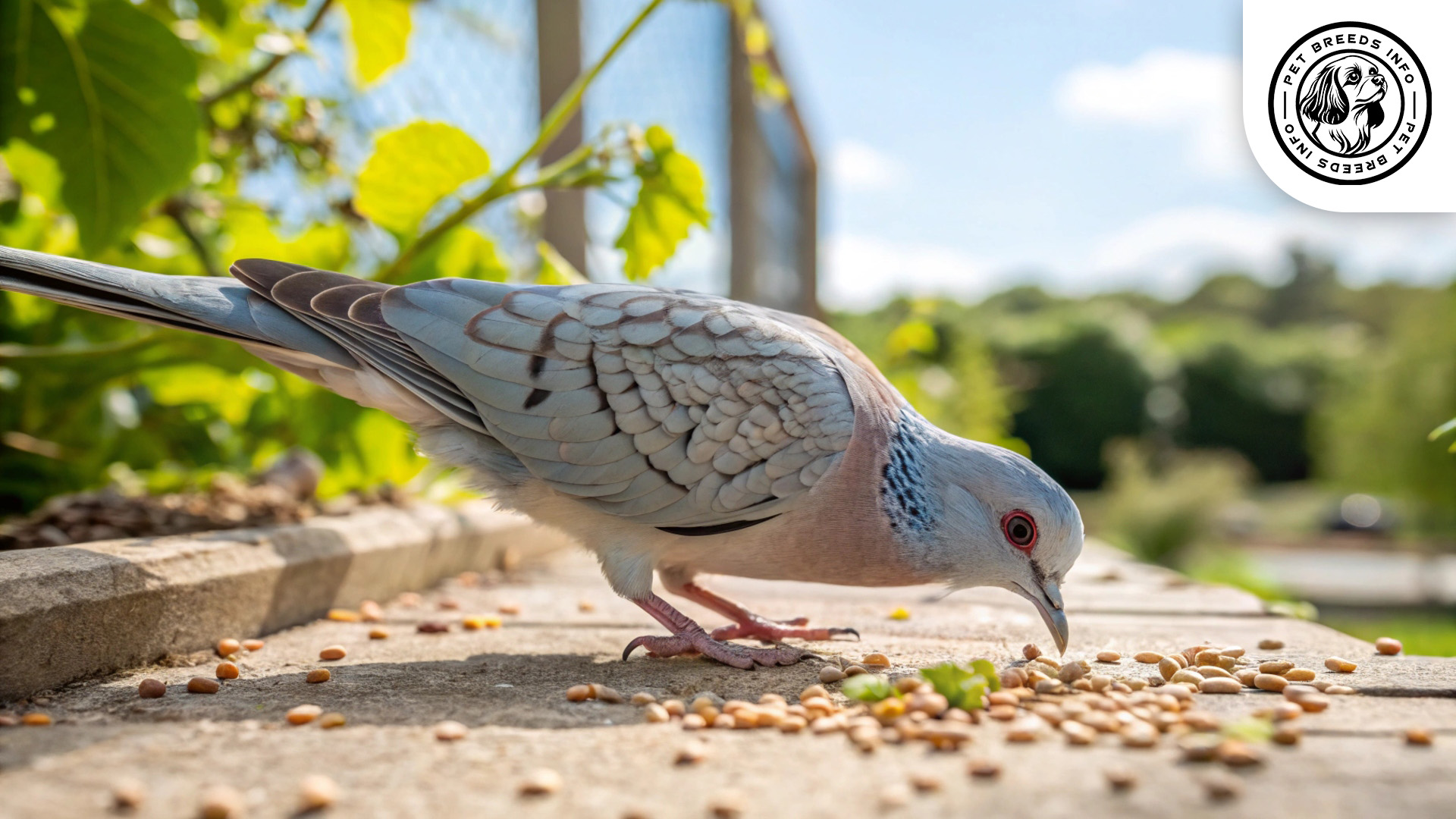
Health and Common Medical Issues
Diamond Doves are generally hardy birds, but they can be prone to respiratory infections, mite infestations, and nutritional deficiencies if not properly cared for.
Maintaining a clean cage, providing a balanced diet, and ensuring proper ventilation can prevent most health concerns.
These doves have an average lifespan of 10-15 years, with some living even longer under optimal care.
Training and Behavior Management
Diamond Doves are not as trainable as parrots, but they can become accustomed to human interaction with patience. Hand-feeding is a good way to build trust.
They respond well to a calm and quiet environment. Loud noises or sudden movements can make them anxious.
Early socialization with consistent gentle handling can help them become comfortable with human presence.
Read More: Chinese Goose
Interaction with Other Animals and Humans
Diamond Doves are peaceful birds that coexist well with other doves and small, passive bird species. However, they should not be housed with aggressive or larger birds that may bully or harm them.
They are good for families or individuals looking for a low-maintenance pet. While they are not very affectionate, they enjoy the company of their owners and respond well to soft interactions.
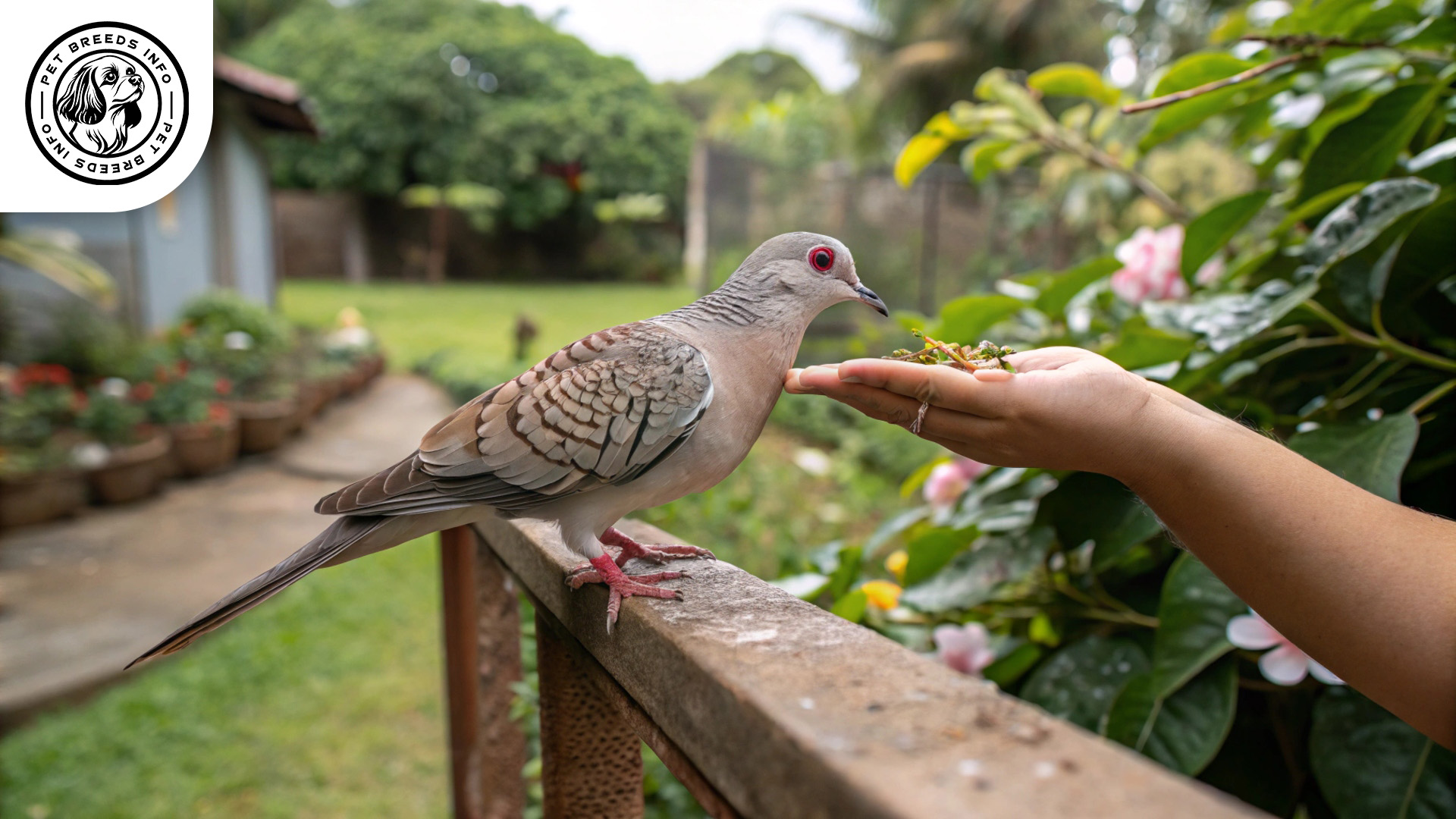
Price and Availability
The cost of a Diamond Dove varies based on location and breeder, typically ranging from $50 to $150 per bird.
When acquiring a Diamond Dove, it is important to choose a reputable breeder or adoption center that ensures the health and well-being of the birds.
These doves are widely available in pet stores, avian specialty shops, and bird rescue organizations.
Read More: Brahma Chicken
Conclusion and Final Thoughts
Diamond Doves make excellent pets for individuals and families looking for a low-maintenance, quiet, and visually appealing bird.
They thrive in peaceful environments and do well in cages or aviaries where they can move freely.
As long as they receive a proper diet, clean habitat, and gentle handling, Diamond Doves can be a delightful and long-lived companion.
FAQ
Where are Diamond Doves from?
They are native to the arid and semi-arid regions of Australia, especially open woodlands and grasslands.
How big do Diamond Doves get?
They grow to about 19–24 cm (7.5–9.5 inches) in length and weigh around 30–40 grams.
Are Diamond Doves good pets for apartments?
Yes! Their quiet nature and small size make them ideal for apartment living.
Do Diamond Doves get along with other birds?
Yes, they are peaceful and can live with other small, non-aggressive birds like finches or other doves.
What do Diamond Doves eat?
They mainly eat small seeds, with occasional fresh veggies, fruit, grit, and calcium sources like cuttlebone.
